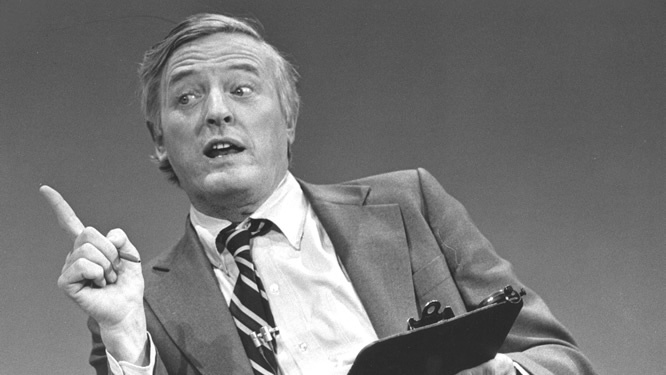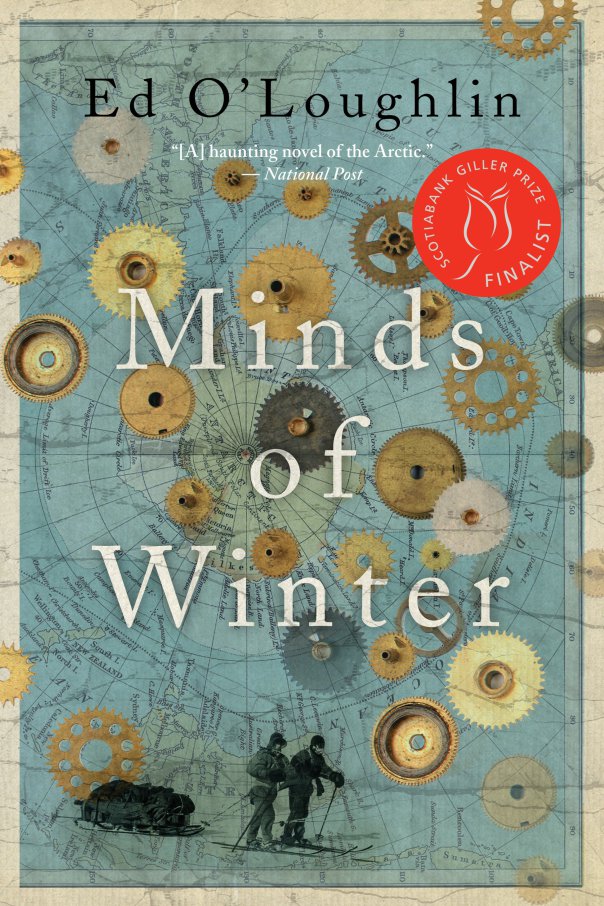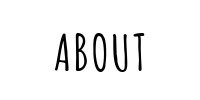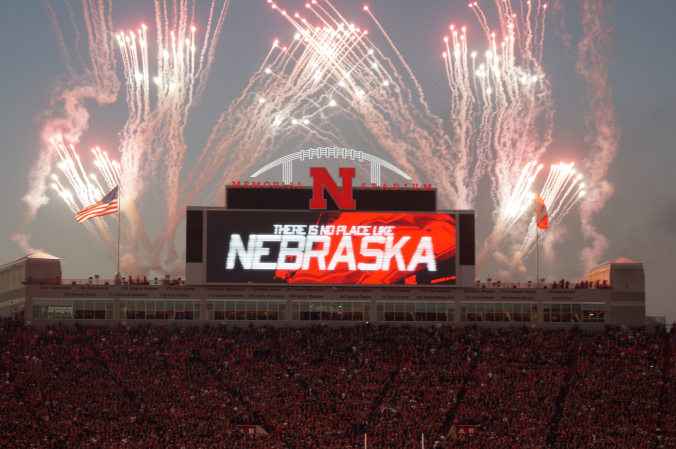Second episode of the first season (if they even called them “seasons” that long ago). This talk with an episcopal priest was enlightening not only in understanding how far social stigma against smoking has come (as the priest is clearly smoking during the show), but also enlightening through a few of the objections and thoughts offered throughout the show.
Here are six that stuck out to me:
1. Who are the offended? It is often quoted in today’s media that such-and-such a person has their underwear in a knot and it is obvious that the person who offended that person is responsible for disentangling it – usually with the full discomfort of having to un-knot the offended’s underwear while the offended are wearing their underwear and shouting the other down. However, it seems like the “offense” could go both ways. Then what? If a person walks into a bakery an orders a cake, is it offensive for the baker to deny the request or is it offensive for the person to place an offensive order? Perhaps, it’s simply a matter of chronology? Is it whoever claims offense first wins? If not, then there appears to be some work on how we categorize “offenses”, and, if we do so, are they, dare I say, objective offenses?
2. Is it all about history and fact? One of the points in discussion is about how we are to teach religion. Should we teach it in merely a historical or factual manner, forgetting about the flesh and bones of that religion? One of the examples from Buckley is that there appears to be something missing from Bach if we learn mere meter and never experience the concert in full. Likewise, without the possibility of a neutral perspective, would it be better to have someone teach religion that is for it or someone that is against it?
3. Unjust versus Unconstitutional. There was a quick slip from the priest that we should protest all unconstitutional laws. Buckley caught the point by asking whether there is, or should be, overlap between what we consider unjust and unconstitutional. And, if something is unconstitutional but just (or constitutional and unjust), how should we respond?
4. To do is to accept? There was a quick point that whatever is continually acted out becomes habit, and habit slides right into acceptance. However, from Buckley’s own experience, and from many across the world, that doesn’t always seem to be the case. So what is the argument, and what force does it carry, when we begin to assume that setting up social practices, even religious social practices, is the same as forcing people accept those social practices?
5. God versus Higher Realm. There was a conflict about distinguishing how a person may understand a particular god to be true, and the understanding that the United States legal documents recognize a higher power. Is that the same? Does recognizing a higher power make the United States’ constitution unbiased concerning which religions or if any religion should be allowed and practiced on a social level?
6. Declaration of Independence and Abraham Lincoln. An interesting point was made concerning the Declaration of Independence as a legally influential document. While I had previously been aware of the debate, then and now, concerning its role, it was refreshing to hear it made in a talk show. The original debate was about the role of slavery in the United States. On the one side, the argument was that the Declaration of Independence was a preamble and philosophical context to the constitution, therefore, the clause concerning “created equal” applied to the constitution and invalidated slavery. On the other side, the argument was that the Declaration of Independence, coming prior to the constitution and not the document being ratified, was no longer legally binding to all states in the union. The emerging problem, of course, coming from that debate and the conclusion on Lincoln’s side is this: by acknowledging the force of the Declaration of Independence, one must also acknowledge that slavery is nullified by what was stipulated therein, namely, that it is because all men are created equal. There lies now a crucial presupposition of a higher, creative power.

Advertisements Share this:





